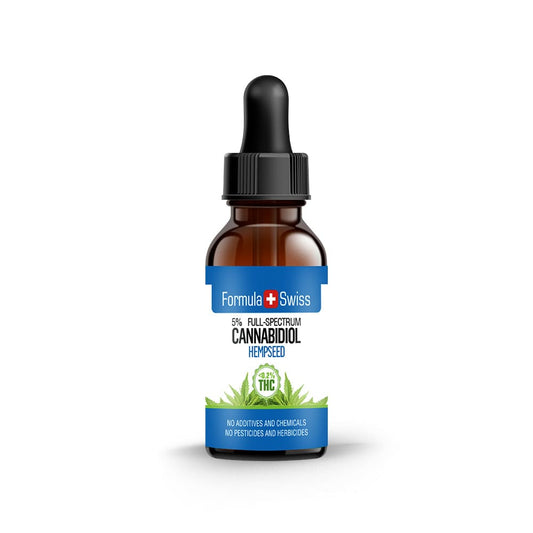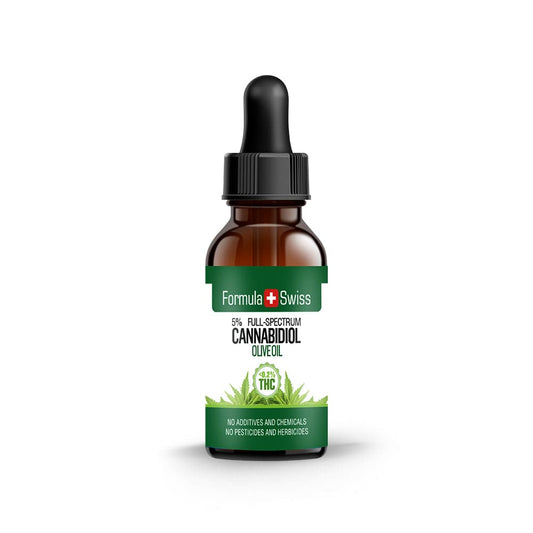The CBD industry in Switzerland has been a fast-growing industry, and it doesn’t seem to be stopping anytime soon. Reports have it that the CBD industry earned the country about CHF 60 million in the year 2017 alone, and projections show that it should bring a whopping CHF 320 million by 2027.
Switzerland due to its fast-paced CBD industry has been duly recognized as the best place in Europe to venture into the hemp market.
Here are 7 reasons why Switzerland is the best place in all of Europe to venture into the hemp and CBD market:
1. Switzerland Law on CBD
The law of Switzerland permits usage and possession of CBD products whose THC level is at 1%.
While it is true that most European countries have legalized CBD, the Swiss narcotics regulations do not ban CBD, and it allows for CBD products with a considerable level of THC.
The general rule is that the level of THC content in a CBD product determines if it would be banned or not, and while most countries set their THC regulation to 0.2%, Switzerland has taken things notches higher by permitting CBD products with 1% of THC in them.
In a bid to allow the plant to grow fully and provide optimal medicinal benefits, the Switzerland narcotics regulations give farmers the liberty of letting the plants grow to maturity unlike when they had to harvest them early to prevent the increase in its THC level. The fact is that in harvesting early, the medical benefits are reduced alongside the THC content.
According to Josh Stanley, the Swiss government is the most forward-thinking in Europe when it comes to legislations of CBD usage. They recognize its medical and recreational potentials, and as a result, they’re set on exploring CBD to its fullest. Seeing as the government is proactive concerning the exploration of CBD, businesses built around CBD tend to feel safer and have the opportunity to boom greatly whilst not abusing the liberties given by the government. This is ideally why it stands out among other CBD friendly nations in Europe.
There are a few things to note about the regulation of CBD in Switzerland, and they include; the buying, selling, production, possession, and usage of CBD with more than 1% of THC is criminal and attracts a three years jail time, one must be at least 18 years old to buy any CBD product just like regular alcohol and tobacco, Switzerland’s Federal Office of Public Health kicks against driving under the influence of CBD; this focuses on the fact that it is easily possible to exceed the requisite 1.5 micrograms of THC per liter of blood. Although the World Health Organization does not perceive CBD as a narcotic consequent on the fact that THC is not present in all CBD products (this pertains to full-spectrum products which are high in CBD and low in THC. But for CBD products with zero THC, the law does not apply, hence you can make use of CBD products with zero THC daily without having to worry about regulations).
2. Medical Cannabis in Switzerland: Yes or No
In 2011, the Swiss government permitted doctors to prescribe medical cannabis to patients based on possessing the special permit gotten from the Federal Office of Public Health.
Patients with such permits have easier access to cannabis products for treatment. Although the law was to make patients with permits access CBD products much more than patients without a permit, the year 2017 revealed that there were more people making use of CBD without permit than persons who had a permit. What makes the reality different from the theory is that the permit is majorly given to persons who’re critically ill, and the processing takes too long. Hence, people bypass the permit to get their CBD product.
In a bid to solve the problem, the Swiss government has taken steps to curb the bypass – the Home Affairs Ministry has been tasked with reviewing the legislation for the better.
All in all, Switzerland by its actions has portrayed itself as one of the most innovative and daring nations concerning the CBD industry, and the businesses within it have all the reason to blossom.
3. No need for License for Hemp cultivation in Switzerland
Hemp cultivation was legalized in August 2016 in Switzerland, and it is expected that the plants do not cross the 1% of THC mark.
Seeing as hemp cultivation is legal, there is practically no need for licensing, and it ideal for foreign investors – time and money is saved in having no need for a license to cultivate.
4. Different CBD products are available for purchase in Switzerland
As long as you’re 18 years and above, and the product does not contain beyond 1% of THC, you can buy a variety of CBD products easily in Switzerland. Be it online or offline, you can easily get your hands on CBD in different forms – cigarette, cosmetics, tinctures, vaporizers, supplements, oil, etc.
Switzerland holds the world record of being the first nation to develop a CBD cigarette to substitute regular cigarette. Although it has succeeded in curbing the consumption of tobacco, it does not mean that it is healthy.
All in all, it goes to show how proactive Switzerland is concerning CBD and the opportunities that abound in the industry.
5. Selling CBD products in Switzerland
Every business needs to be registered before it can operate in any given nation. The sale of CBD products is legal in Switzerland and as such you don’t need any special license to sell, but your business has to be registered (tax purposes).
As mentioned earlier, CBD products are only accessible to persons of at least 18 years of age. This means that all licenses related to these type of businesses e.g. tobacco stores must be obtained.
There are also taxes which are specific to certain other products e.g. CBD cigarettes are subject to tobacco tax. Also, it is expected that in production, sale, distribution, importation and retailing, the 1% THC level is not breached.
Cannabis plants and the products get from them is expected not to exceed the importation limit specified by law. For exportation, the law provides that products being exported must be tailored to the CBD regulations of the nations they’re being exported to i.e. in most cases 0.2% of THC must be adhered to.
Summarily, the market is open to anyone and free for all in Switzerland.
6. Switzerland’s CBD Industry – massive and expected to increase
The biggest market for CBD and hemp at the moment is the United States, and it was projected to hit $591 million before 2019. It is further expected to hit $2.1 billion in 2020 (all this shows a 700% increase from 2016).
The CBD industry in Switzerland is roughly 3 years old. It began in 2017 when it was worth CHF 60 million (approximately $59.5 US million). Consequent upon the high demand for CBD in Switzerland, the industry is projected to grow by 39% per annum. This way, it would get to CHF 320 million ($318 US million).
Should the projection be correct, the industry in Switzerland should have gotten to CHF 83 million ($82 US million) as at the end of 2018.
Furthermore, seeing as the US population is a whopping 328 million, while Switzerland only has 8.4 million persons, it can be deduced that Switzerland spent five times more money on CBD in 2018; an interesting stat for one of the richest nations of the world.
So far, the CBD industry is growing and is expected to grow much more.
7. Shipping of CBD from Switzerland through Europe or to Germany
A piece of good news for CBD users in Europe is the fact that the shipping of CBD from Switzerland to other European countries is legal (so long as the recipient country has legalized CBD).
As stated earlier, businesses engaged in exports must ensure that their CBD products being exported, tally with the local regulations of CBD of recipient nations. Where most European countries only permit 0.2% of THC in CBD products, businesses are expected to send products with 0.2% or less of THC.
However, seeing as Switzerland is not a member of the European Union, shipping to European countries face a tough time at customs until VAT is cleared. This has been noted to happen especially when CBD products are being shipped to Germany from Switzerland.
Whenever such a delay happens, delivery takes longer than expected but always arrives. Customers have been enjoined to be patient as steps are being taken to stop such delays.
Summarily, so long as you adhere to national laws, you would have no problem in shipping CBD products from Switzerland to other countries under the European Union.







